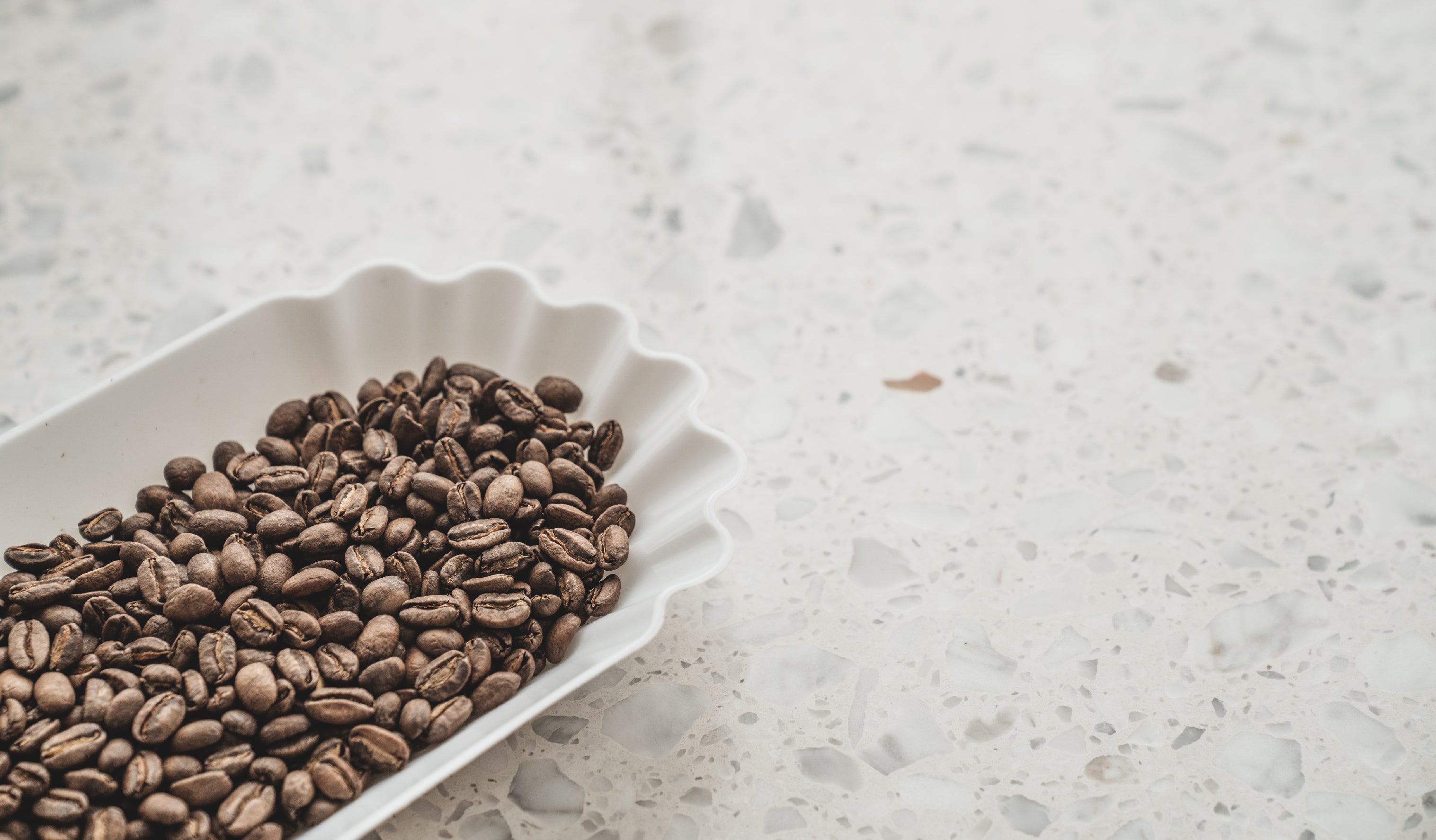As part of Homeground Coffee’s Level Up Coffee Week for September 2021, we are carrying a gesha from La Palma Y El Tucan (LPET) in Colombia, which comes with a unique Bio-Innovation processing. This noteworthy take on coffee processing from LPET has proven to be an amazingly delicious cup of coffee, and we are excited to be able to serve it to the customers at Homeground Coffee Roasters.

Photos by La Palma Y El Tucan
What is bio-innovation processing all about?
Over two years in the making, this new process is a novel take on the innovation in processing methods for coffee cherries. The LPET team draws samples from the fermentation stage of existing coffee processing, and further develops it to augment these coffee processing methods, bringing about the Bio-Innovation process.Unlike in typical fermentation tanks for coffee, where the microorganisms are often not controlled, the fermentation in LPET’s Bio-Innovation processing uses specific microorganisms.From the samples, the laboratory team meticulously selected a few microorganisms that would form the fermentation substrate to be used in this process by considering each microorganism’s ability to contribute to the ideal combination of lactic and organic acids that help to enhance the final cup profile. Lactic acid is known to produce a pleasant mouthfeel in the coffee, while other organic acids, like acetic acid, are often found in our common fruits, and are key to flavour clarity and bringing out the sweetness of the coffee. This final selection of the fermentation substrate is then added during the fermentation stage of the new batch of coffees being processed, placed with fully ripened gesha coffee cherries in a clay pot for 100 hours in a closed cycle fermentation.
 Photos by La Palma Y El Tucan
Photos by La Palma Y El Tucan
More on bio-innovation
Through the Bio-Innovation process, LPET honors the main principles of organic farming - the microorganisms are painstakingly collected and selected from the biodiversity available in the farm that have helped the LPET in the processing of their amazing coffee over the years. When cultivating these microorganisms for the fermentation substrate, they also subsist on a diet of accessible materials that are sourced locally, such as sugars and yeast extracts.After the fermentation process is completed, the team removes the leftovers and reuses them as compost, completing the cycle that started off with drawing these microorganisms from the farm and its living biodiversity.
 Photos by La Palma Y El Tucan
Photos by La Palma Y El Tucan
Our thoughts
Resembling the fermentation processes familiar to the wine industry, the Bio-Innovation process is indeed a highly laborious one, but one that is sure to create consistency and quality. At the same time, the process is an amazing story of LPET’s innovative spirit as they try to push the boundaries of scientific processing of coffee cherries.This LPET gesha presents itself as a complex cup deserving of attention, with strong notes of green tea and a sweet orange finish.We are confident that the Bio-Innovation processing will be able to continually value-add to each harvest of LPET gesha in the coming years, and it is something that we will greatly look forward to.
Journal Archive
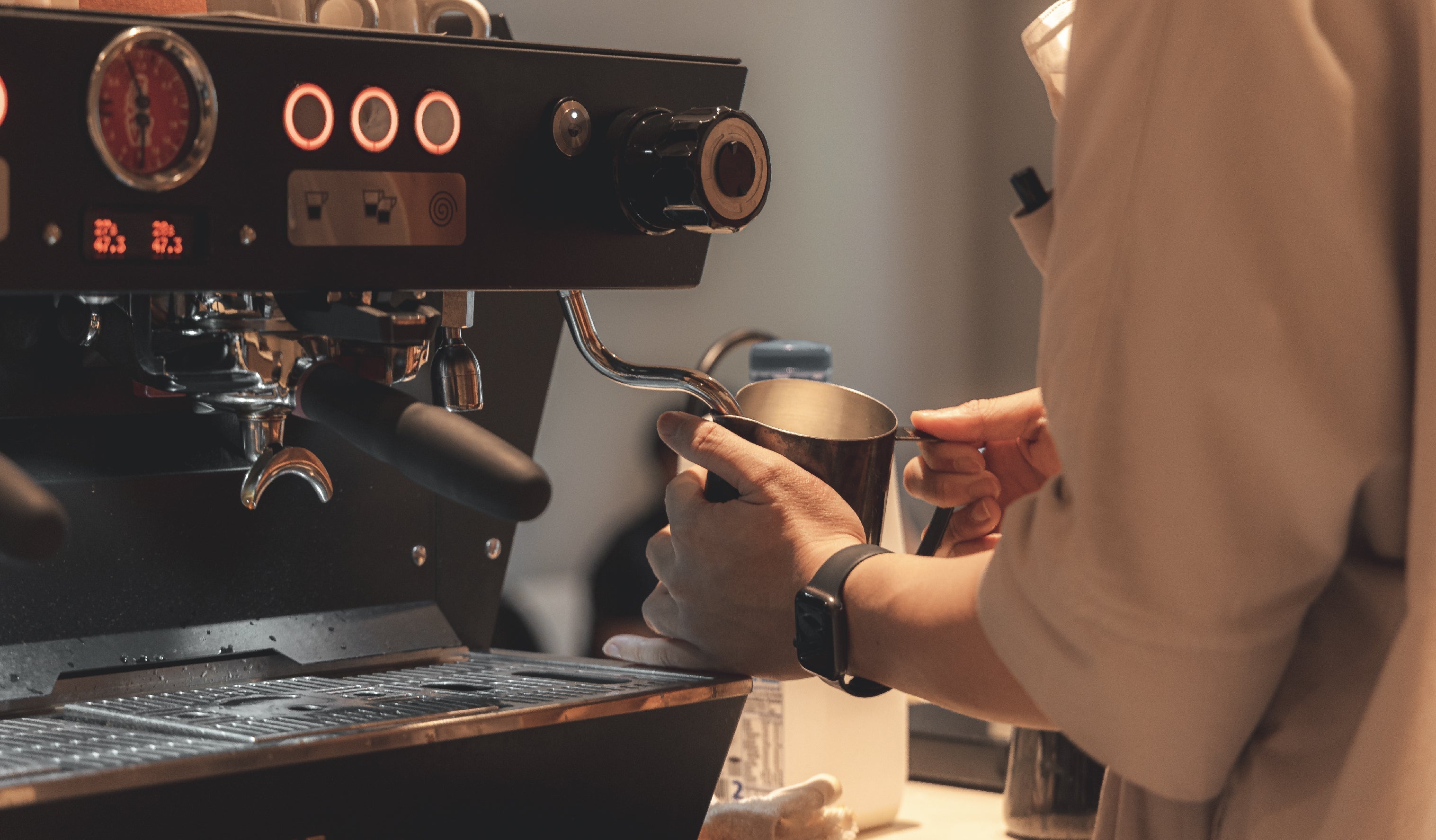
Milk in World Barista Competitions
An overview of milk concentration methods in coffee competition, focusing on freezing techniques that enhance milk's qualities for great coffee beverages.
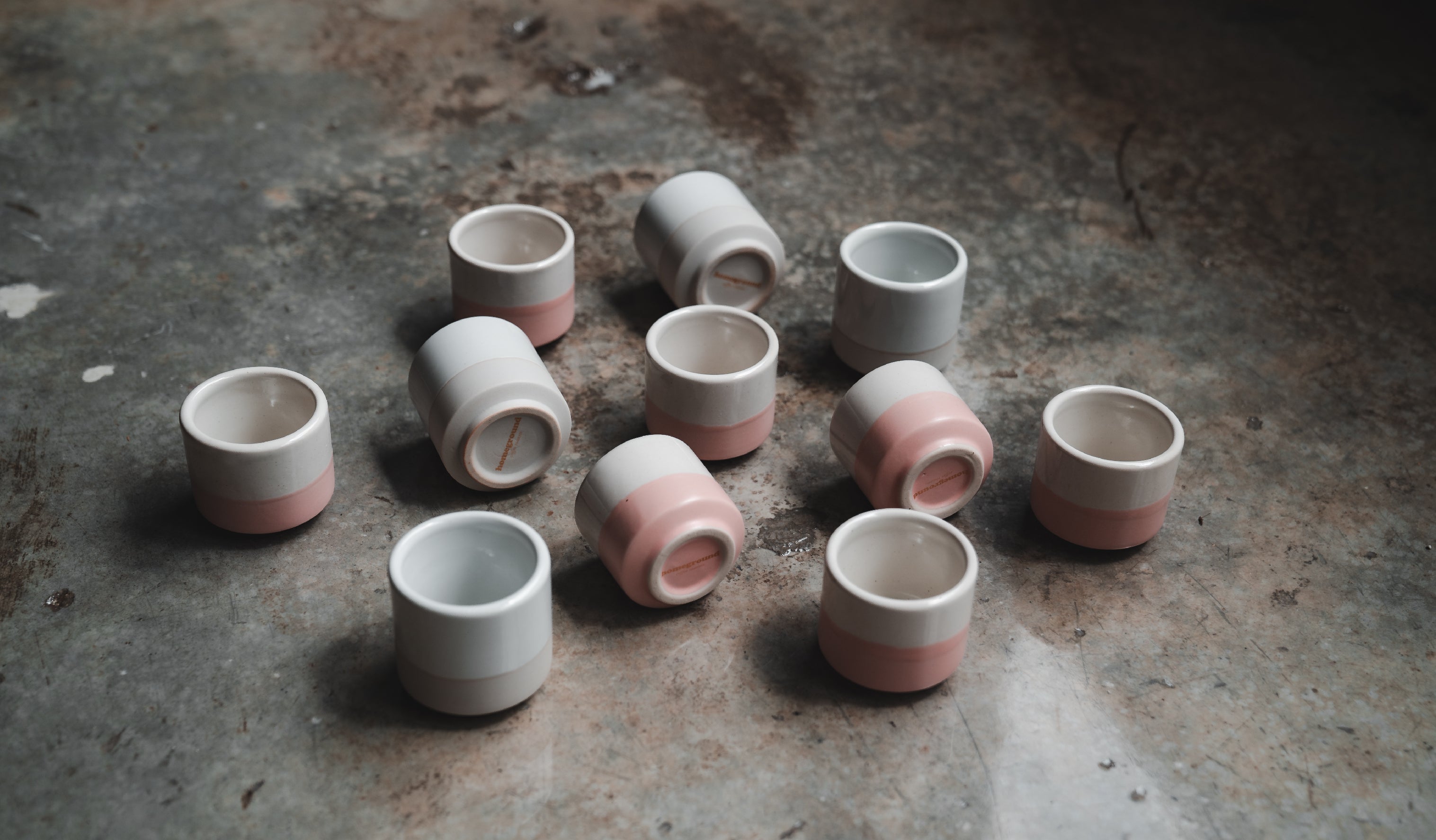
How Coffee Cup Colours Affect Your Drinking Experience
Cross-modal perception of colours on the taste of coffee
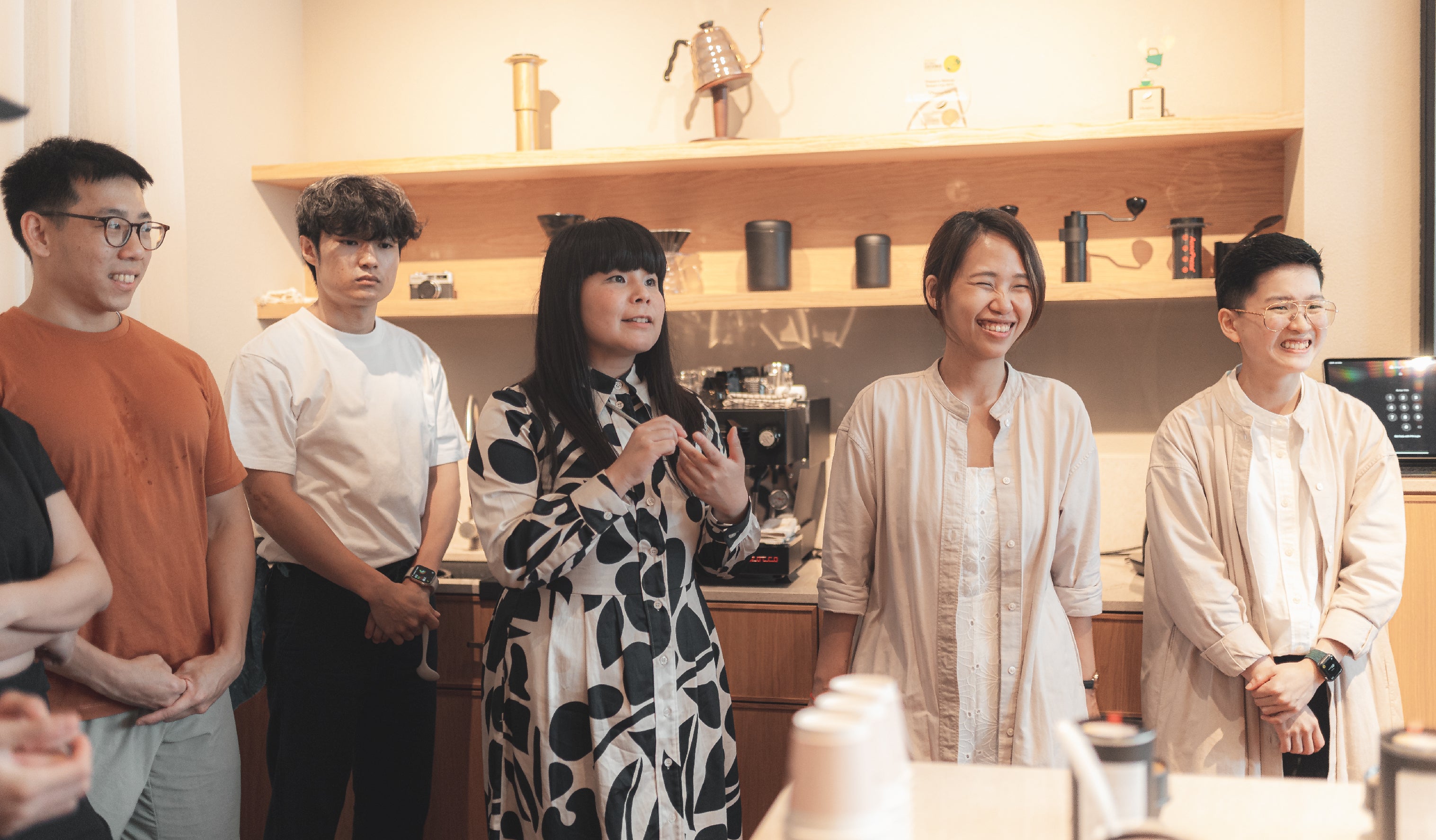
Learning to enjoy more

Same Coffees Everywhere, All at Once
Why do local specialty coffee shops serve the same coffees?

A study of unexpected coffee production nations
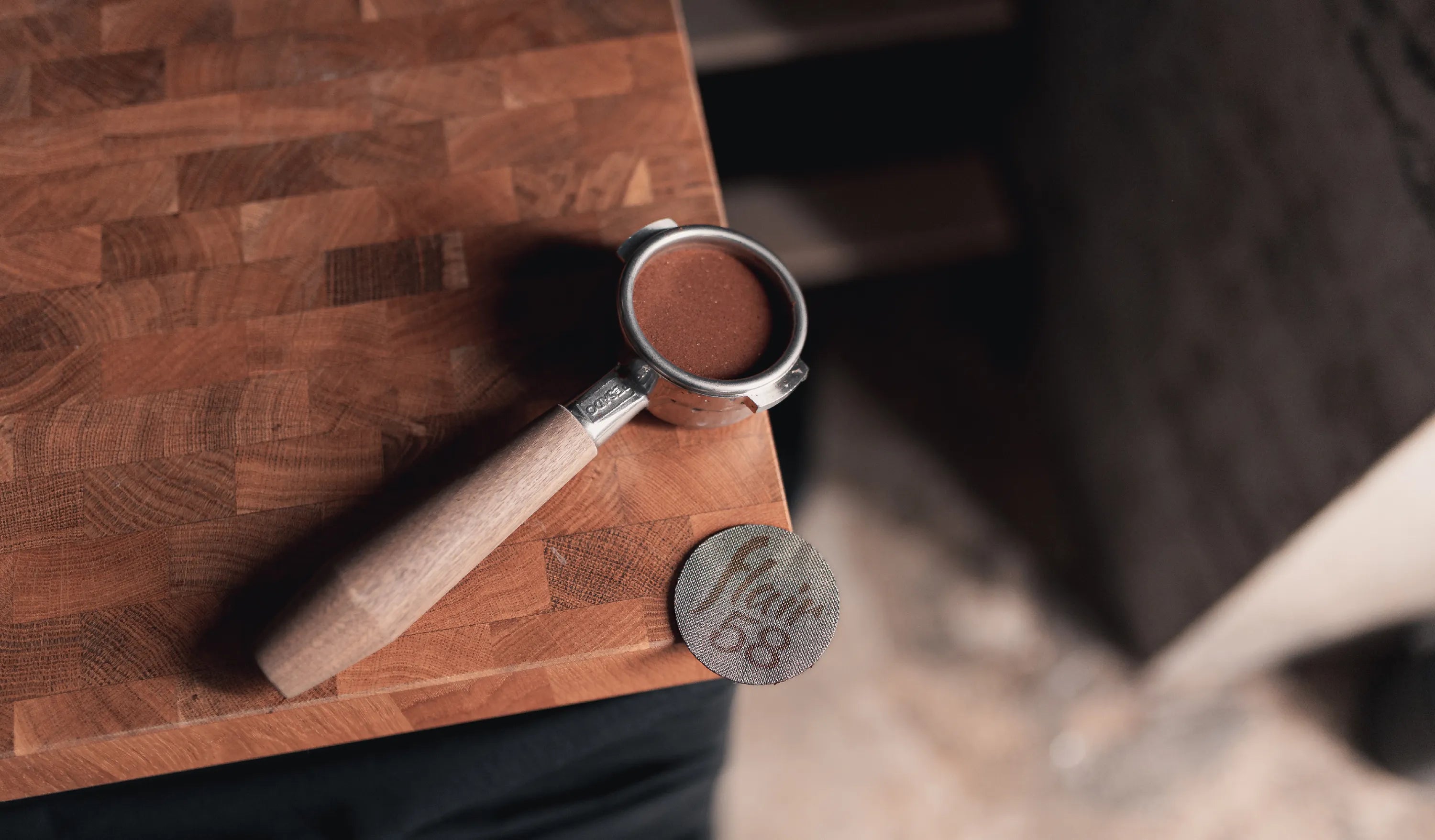
A low down on using puck screens for espresso machines


